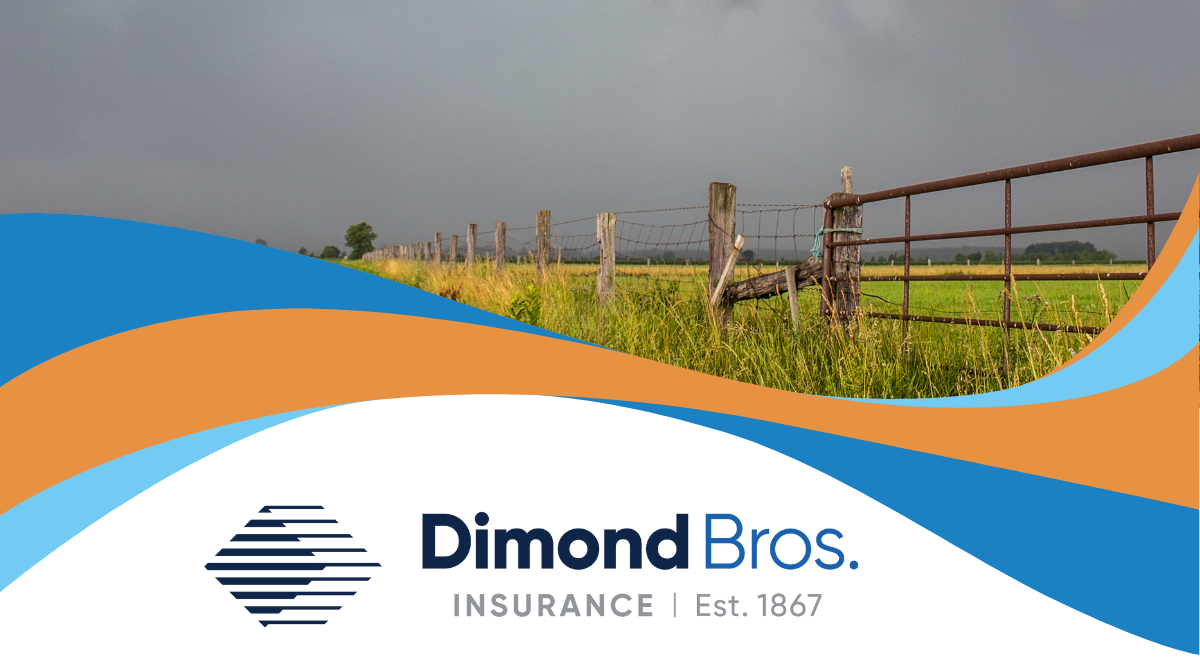Agriculture Risk Advisor
Protecting Agriculture From Severe Weather
Severe weather can devastate agricultural operations, no matter their size or location. Specific weather perils may include hail, strong winds, floods, droughts, tornadoes or blizzards and can cause significant property damage, financial loss and injuries. Through knowledge and preparation, farms can mitigate the risks they face from these natural phenomena.
Here are tips on how to do so:
- Maintain an up-to-date inventory of equipment and other property on the farm, noting their values and where they are located. Having a map of all the buildings on the farm is also helpful, as is taking photos.
- Use technology to monitor the weather, including radio, television, websites, and smartphone apps that provide local severe weather alerts and warnings.
- Inspect buildings and machinery to ensure they are ready for the various upcoming weather seasons.
- Train employees on emergency plans and procedures for different weather events. Workers should know escape routes, proper attire for the weather they will encounter, safe places and emergency contact information. They should also be trained on how to safely prepare equipment and livestock before the arrival of severe weather and in each role they will play in a weather emergency.
- Having backup generators ready and in working order. Farmers also need to ensure they have an adequate fuel supply to keep vital equipment operational if there is a power outage.
- Have first-aid items and other emergency supplies (e.g., water, food, medicine) available for employees and livestock.
- Create a contingency plan on where to house livestock if barns are damaged or destroyed.
- Maintain an emergency contacts list that is readily accessible in multiple places (e.g., home, glove compartments, office).
- Properly store documents and records off-site and in a secure online cloud.
- Arrange debris removal and salvage plans, noting which items are accepted at local landfills and where to bring items that are not. It's critical to plan for the disposal of chemicals or hazardous waste following Environmental Protection Agency requirements.
- Implement techniques that reduce risks, such as no-till or minimum-till farming, that can lessen erosion losses from wind or water and protect soil from high temperatures. Using seed varieties that can withstand cold temperatures or drought can also mitigate risks from weather.
- Review insurance coverage with a licensed professional to ensure weather-related perils are adequately covered.
Every farm operation has different exposures, but they all need to comprehensively examine their risks and utilize strategies to ensure the protection of their workers, property, crops, and livestock.
For more information about the Farm and Agriculture services at Dimond Bros. Insurance please contact Scott Jensen at scottjensen@dimondbros.com.
